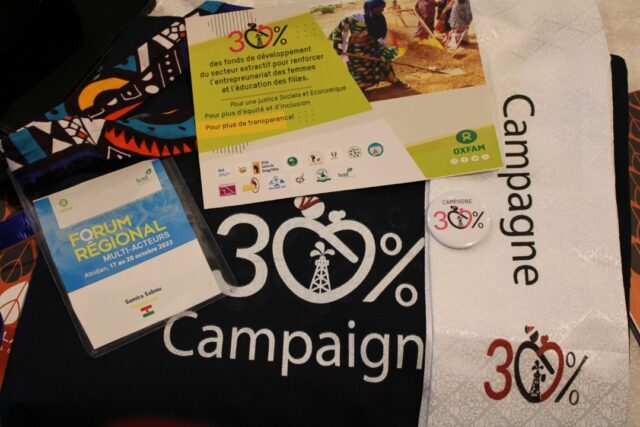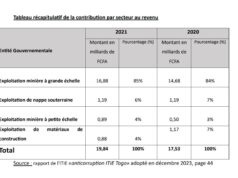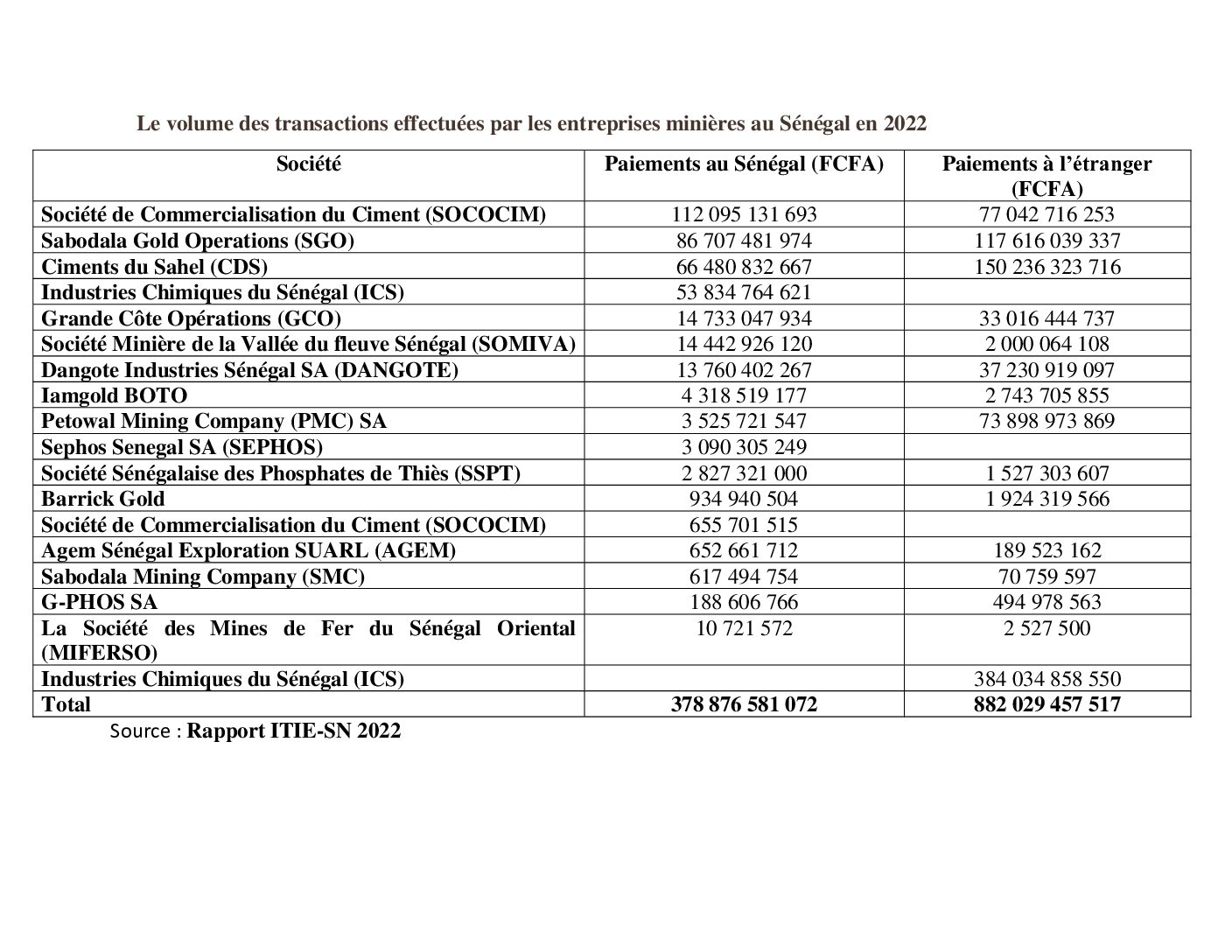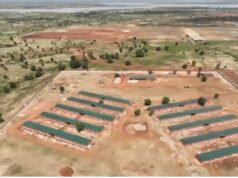Since 2009, gold has become Burkina Faso’s leading export product. The direct contribution of the mines to the state budget in terms of taxes has also increased from year to year. However, one of the shortcomings is the low contribution of the mines to the development of the communities where the mining sites are located.
This low contribution of the sector to local development has resulted in crises between populations dissatisfied with the benefits of mining activity and mining companies. It should be recalled that before the 2015 Mining Code, the only direct benefits of the mines at the level of the communities were the 20% of the surface taxes transferred since 2013 and the contribution to the patente that the mines pay to the communes after a period of exemption.
In order to correct this shortcoming, the Local Development Mining Fund (LDMF) was created by Law N°036-2015/CNT of 26 June 2015, on the Mining Code of Burkina Faso. After the adoption of the application texts, the LDMF was operationalised in 2019. Since then, many communes have benefited from many billions FCFA for their investments.
However, the Association of Women in the Mining Sector of Burkina Faso (AFEMIB) has noted that women are poorly represented in the governance bodies and among the beneficiaries of the LDMF, which is intended exclusively to finance investments.
Thus, in 2018, AFEMIB launched a campaign called “Taking women into account in the local development mining fund”. The campaign aimed at communities had two objectives, the first of which was to ensure that women were strongly represented in the committees responsible for distributing, monitoring and validating the fund at the communal level. The second objective was to reserve 30% of LDMF revenues for projects benefiting women.
AFEMIB developed an advocacy strategy and was able to organise activities including training workshops, advocacy meetings and a communication campaign in this framework. The campaign was listened to attentively by the local authorities because the problem was taken into account in several communes.
It also participated in the elaboration of the ECOWAS gender charter, in which the setting of a quota was clearly mentioned. Nowadays, a sub-regional advocacy supported by OXFAM with the title “the 30% campaign” aims at creating women “champions in entrepreneurship” among the different countries with the mining funds of each country. In Burkina Faso, the NGO ORCADE is an implementing partner of this advocacy.
Resources from mining funds can enable women to carry out empowerment activities on the land. When mining companies set up operations, they displace people. As a result, communities lose their cultivation areas. Women are the most affected because they are not always taken into account during compensation. The mining resources from these funds can be used to strengthen their economic capacities. As AFEMIB is already doing, this fund can be used as a guarantee to enable women to benefit from the support of financing structures to continue their income-generating activities.
Finally, each country has its own regulations on local content. Through this sub-regional campaign, the aim is to enable women to become suppliers of goods and services in the mines in the near future.
Rachid Ouedraogo
#Mines_Actu_Burkina










